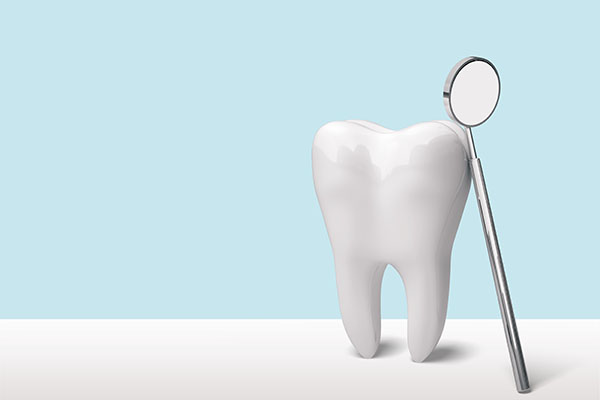 Dental implants are available to provide permanent restoration to missing teeth. Though a favorite among dental professionals and patients, there are a few things to consider before choosing these smile restoratives.
Dental implants are available to provide permanent restoration to missing teeth. Though a favorite among dental professionals and patients, there are a few things to consider before choosing these smile restoratives.
Seven things to consider before choosing dental implants
1. Requires adequate amounts of bone
Patients will need an adequate amount of underlying jaw for the dental implant process. Patients with insufficient jawbone density may be eligible for bone grafts, which use natural or synthetic bone material to provide the density necessary to rebuild the jawbone and hold an implant.
2. Require adequate amounts of gum tissue
As with bone density, dental implants require adequate amounts of healthy gum tissue. The gums need to cover the titanium abutment, which is part of the implant. Patients may be recommended for a gum graft to restore its appearance and volume if there is evidence of gum recession.
3. Lengthy process
Patients must be able to commit to the process; this includes following all instructions, which will differ between appointments. While timing can vary, the dental implant process can take up to nine months. There will be surgical appointments and check-up appointments in between. Therefore, patients should be able to make room in their schedule to attend them and not prolong treatment.
4. Requires multiple surgeries
There are two primary appointments involved in the dental implant process. The first involves making an incision in the gumline and creating a hole in the jawbone before anchoring the implant post. The second involves attaching the abutment piece to the post. This surgery involves reopening the gumline only. That said, patients should prepare to undergo anesthetic and arrange a ride home for at least the first surgery.
5. Smokers are ineligible
Smoking is known to inhibit healing, increase bleeding, and deteriorate the jawbone and gum tissues. Therefore, the dentist will likely recommend an alternative treatment for those who smoke or cannot quit within a certain timeframe. Smoking can also cause implant failure or rejection; therefore, patients must not smoke after the insertion process either.
6. They can restore one missing tooth or all
Whether a patient is missing one or all of their teeth, dental implants can help replace them. If a patient is trying to replace individual teeth but has the majority of their natural teeth, the dentist will recommend a single dental implant for each tooth. For those needing to replace all their teeth, the dentist will place four to six dental implants on each arch and attach dentures.
7. Lifetime Lifespan
Lastly, it is important to note the life expectancy of dental implants is a lifetime with proper care and any necessary checkups. However, the chosen restorative attached to an implant, such as a crown, denture, or bridge, will have its own life expectancy that may require restorations or replacement over time.
Call us for more information
Dental implants are an amazing option for replacing missing teeth. If you want to learn more about them or are considering them, call us for more information. We can determine if they are the most appropriate treatment plan for you.
Request an appointment or call Dental Studio Colleyville at 817-885-5188 for an appointment in our Colleyville office.
Recent Posts
Dental implants restore functionality to the smile, all while looking and feeling like natural teeth. They achieve this by fusing with the jawbone, creating a permanent, irremovable tooth replacement solution that does not slip or slide. This benefit makes them a great option for patients seeking an alternative to traditional dentures.Dental implants are metal screw-like…
Dental implants are a popular tooth replacement option among dental professionals. They offer an array of benefits that other tooth replacement options do not, which is why they are often considered state-of-the-art. However, not everyone is a candidate for dental implants, and dental bridges or dentures are a better fit for some patients. Patients should…
Dental implants are lasting and stable dental restorations. Research shows that many people prefer implants to removable dentures because of their many benefits. Knowing how implants are better dental replacements can motivate you to come in for a consultation. Here are the benefits of having dental implants as replacements for your missing teeth.Tooth loss results…


